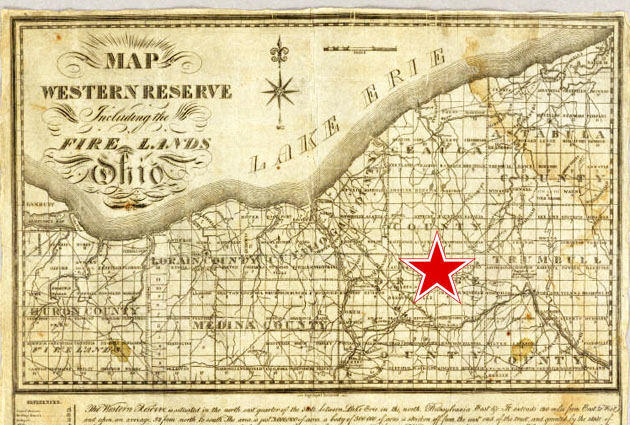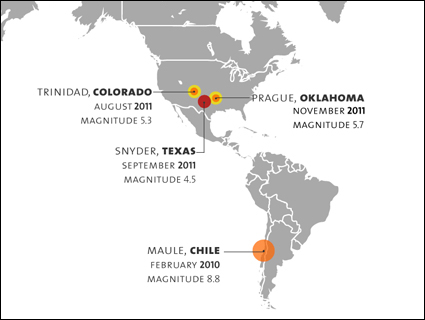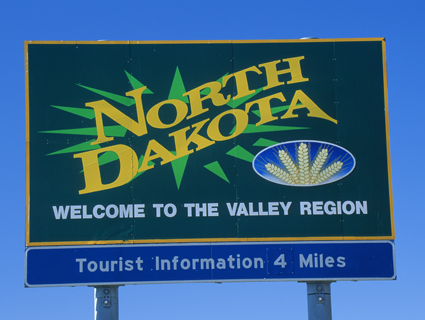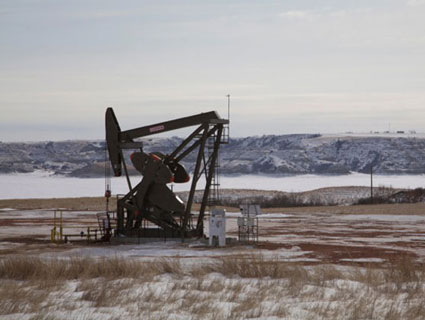The New York Times had a big feature on Monday looking at how where you live can affect your upward mobility in the US. Researchers from Harvard University and UC Berkeley found stark geographical differences in the likelihood that children will earn more than their parents did, which my colleague Erika Eichelberger covered yesterday.
The researchers looked at millions of tax records and compared the 2011 earnings of people born in 1980 and 1981 to that of their parents. They found that a variety of factors influence social mobility—things like how segregated a town is, the quality of the public school system, and the affordability of local colleges. But one thing that stuck out to me was the high social mobility in places like North Dakota and eastern Montana, which don’t really seem to have many advantages on those fronts. (More than two-thirds of North Dakota public schools failed to meet federal standards this year, for example.) But they do happen to be places with heavy oil development right now, which the NYT article doesn’t really talk about at all.
You can see here that the blue regions of high income mobility fall almost right on top of the Bakken Formation, which has seen a boom in employment and earnings in the past six years:

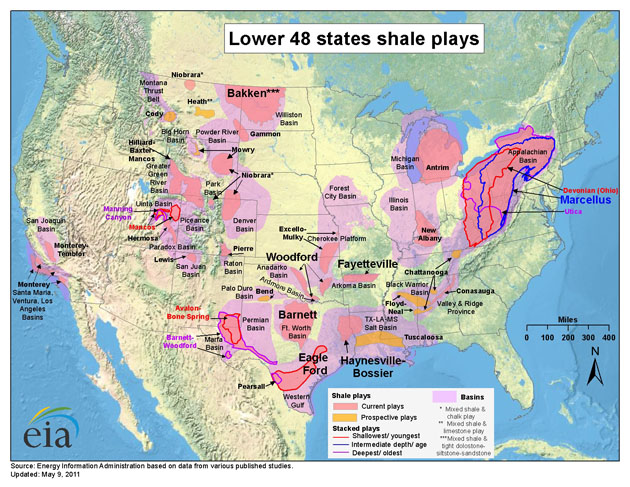
The area around Williston, ND, has the highest chance that a child raised on the bottom fifth of the income scale had made it to the top fifth—33.1 percent—of anywhere in the country. This gibes with the previous news stories about local economies now flooded with cash thanks to the oil boom, which started around 2008 with the advent of new fracking technology.
American Enterprise Institute scholar Mark Perry also noticed this trend. His piece ends with the declaration that the Bakken Formation “is bringing wealth, prosperity, jobs and upward income mobility to America’s ‘economic miracle state.'”
I would classify it more cautiously. The study looks at a particular year—2011—when the boom near its peak. But a boom is just that—it doesn’t last forever. Nor can every other part of the US rely on tapping into massive oil reserves beneath it as the way to solve income inequality.
